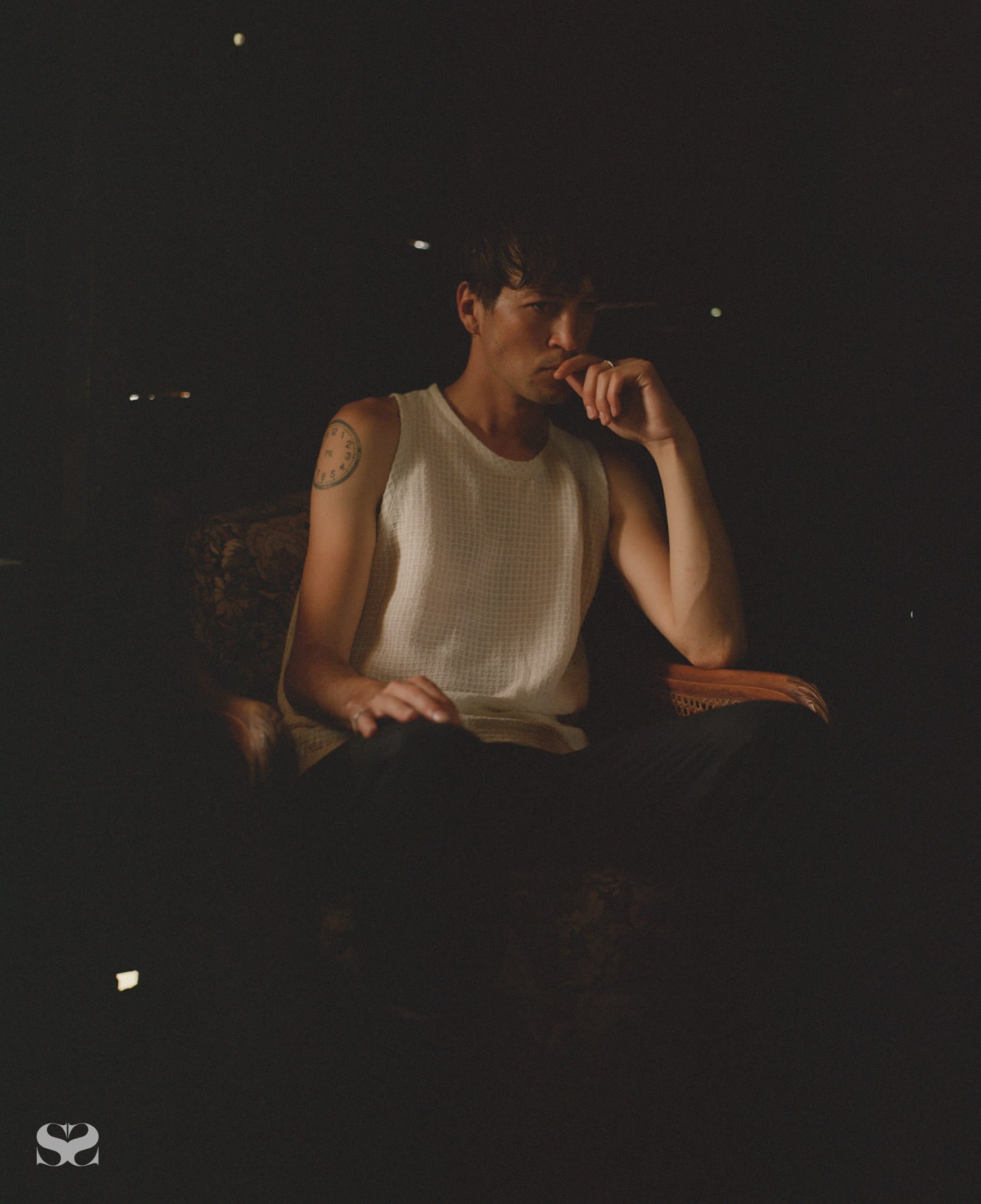
Nobody gets what they want anymore. Depressing, isn't it? The idea that none of us stand a chance - not you, not I - of getting what we want out of life. Doomed to merely exist then decay, sad and frustrated - what's the point of even trying if it's a foregone conclusion? And more pressingly, what kind of sorcery compels such misery to sound beautiful? Who could possibly make us want to hear it again; nobody gets what they want anymore? Enter from stage left: Marlon Williams. The New Zealand-born singer-songwriter already has years of touring under his belt and, thanks to the success of his 2015 self-titled debut solo album, a fan base devoted to his classically-trained-turned-country croon. A voice both warm and effortless, moving between vibrato and falsetto like liquid and likened to greats such as Roy Orbison and Gram Parsons, it is the exact kind that makes anguish sound seductive. Which helps considering his sophomore record is, for lack of a better term, a breakup album. The 13-track LP Make Way For Love is the sonic embodiment of the musician's separation from fellow Kiwi and performer Aldous Harding. Following his recent Australian tour with Florence + The Machine and his recording Live At Auckland Town Hall, we captured Williams on a cloudy morning near the Hawkesbury River, and discussed the fluidity of love, the stand-alone nature of his second record and emotional rebirth through creation.
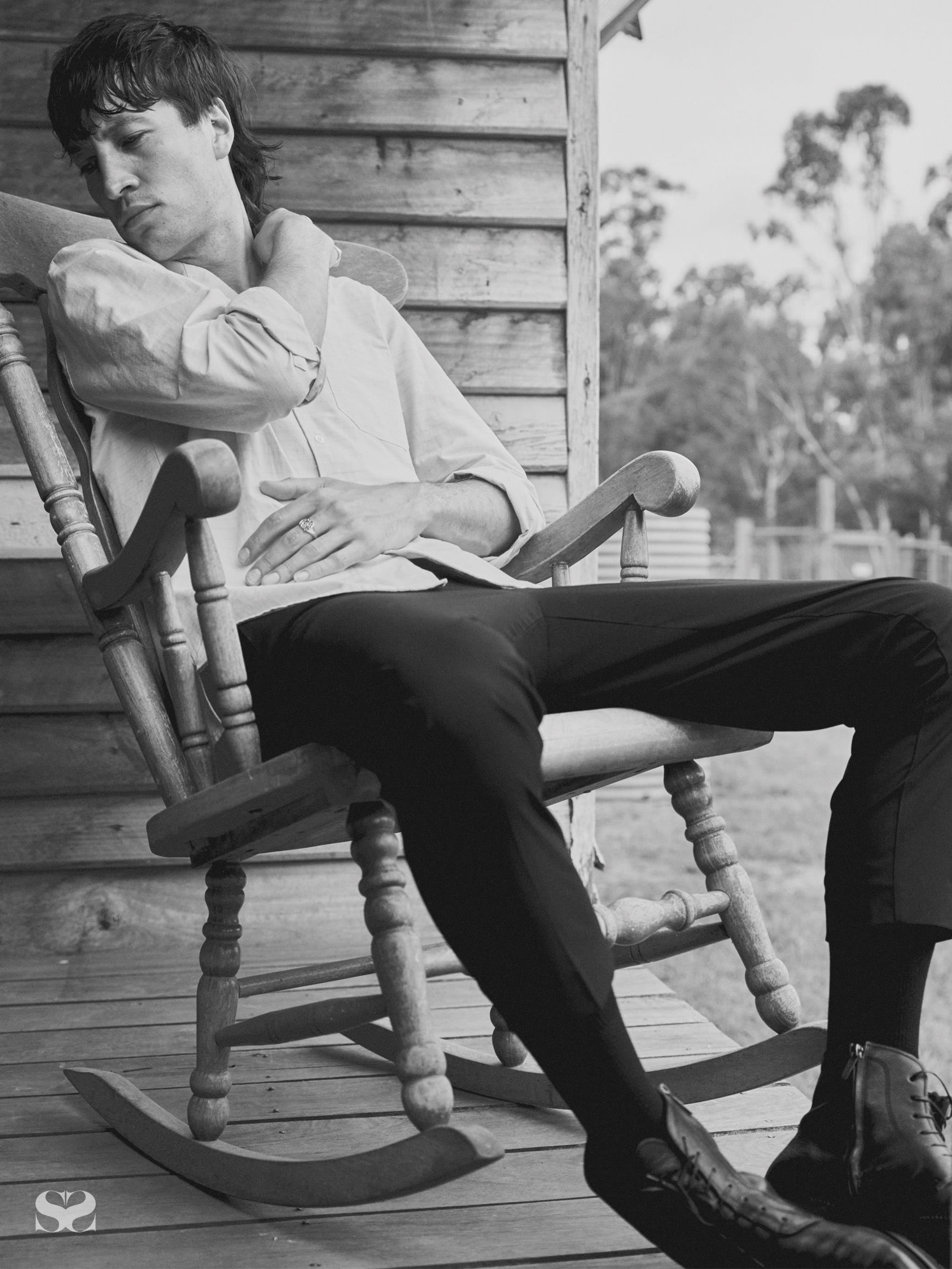
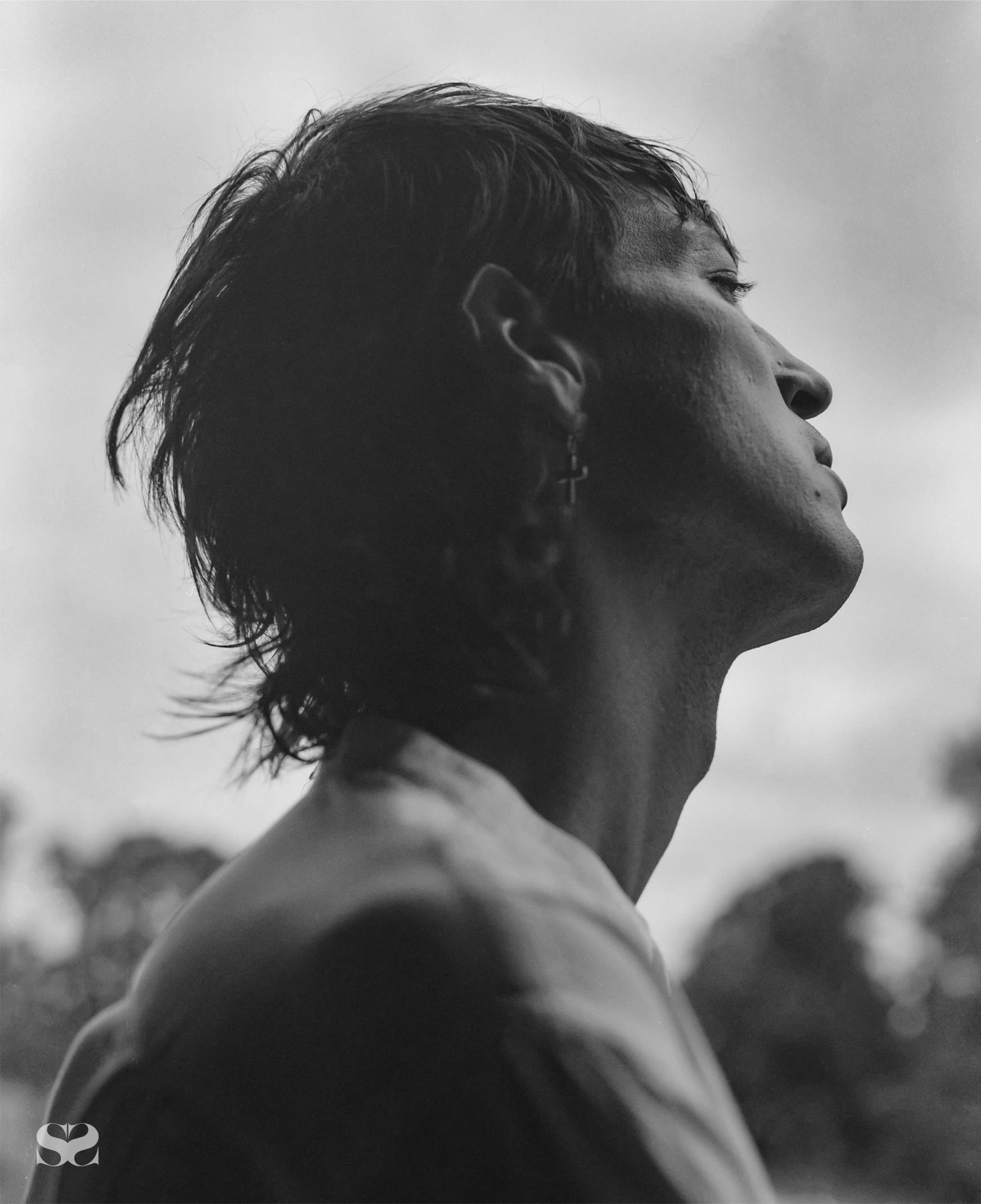
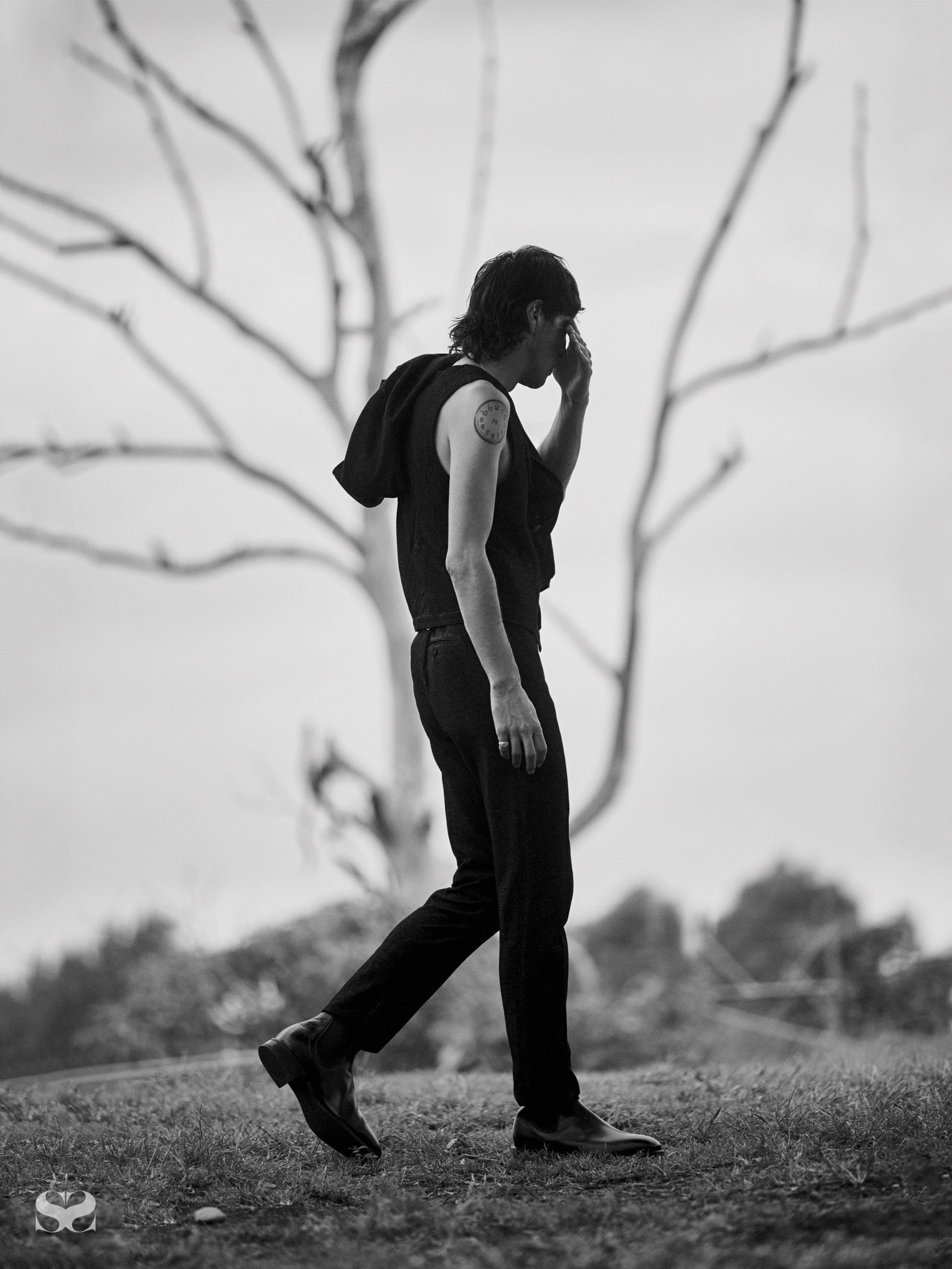
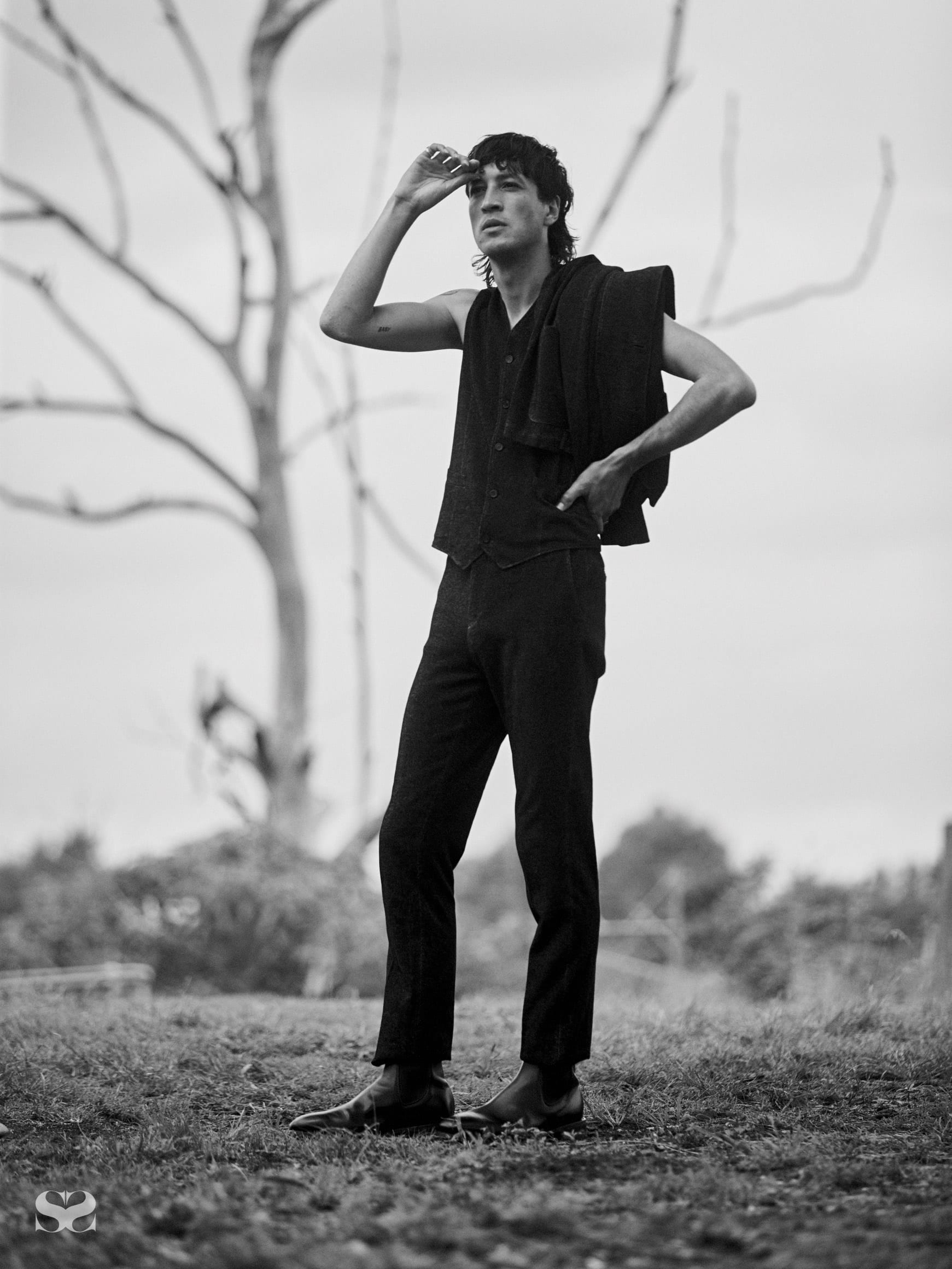
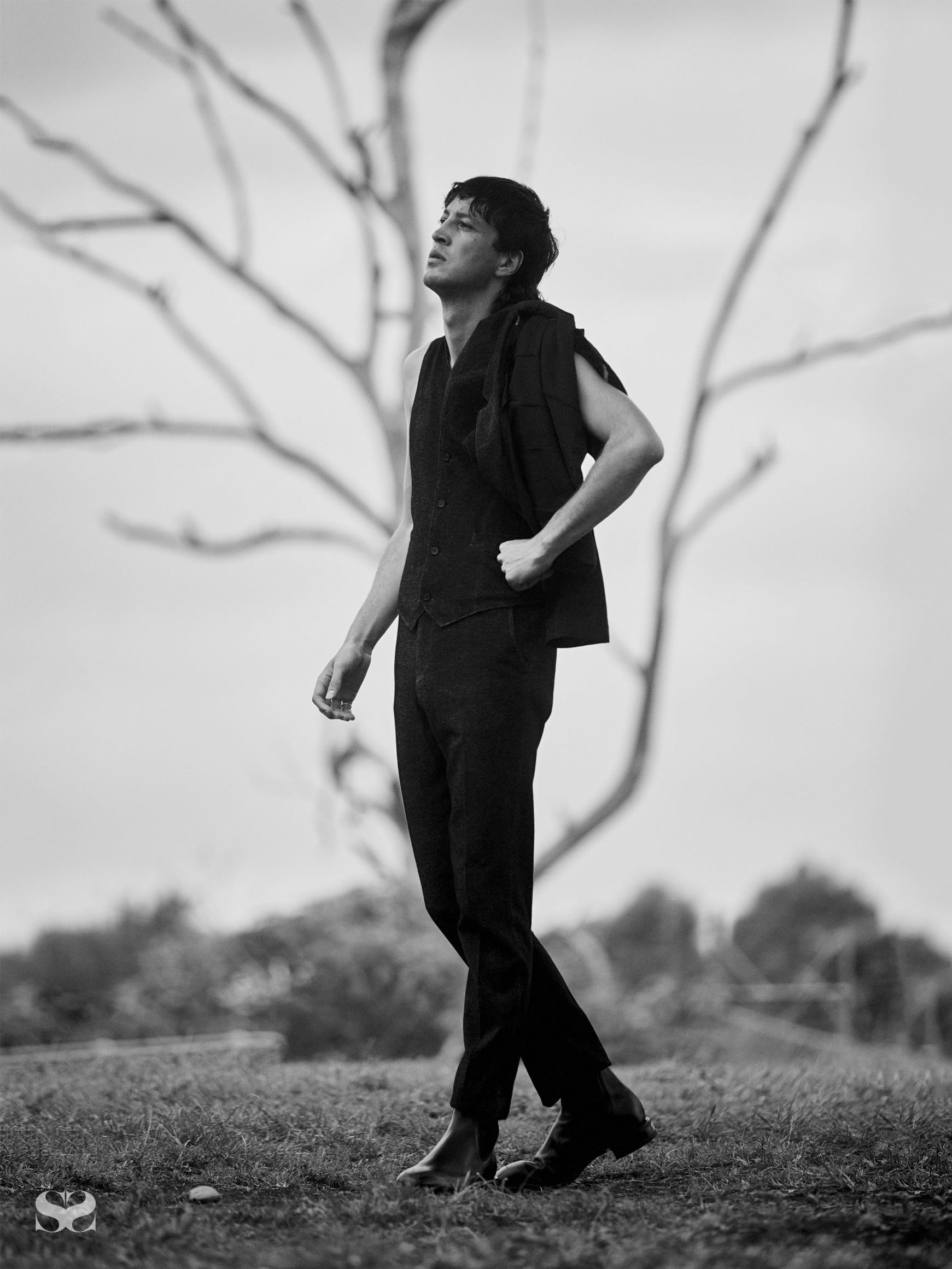
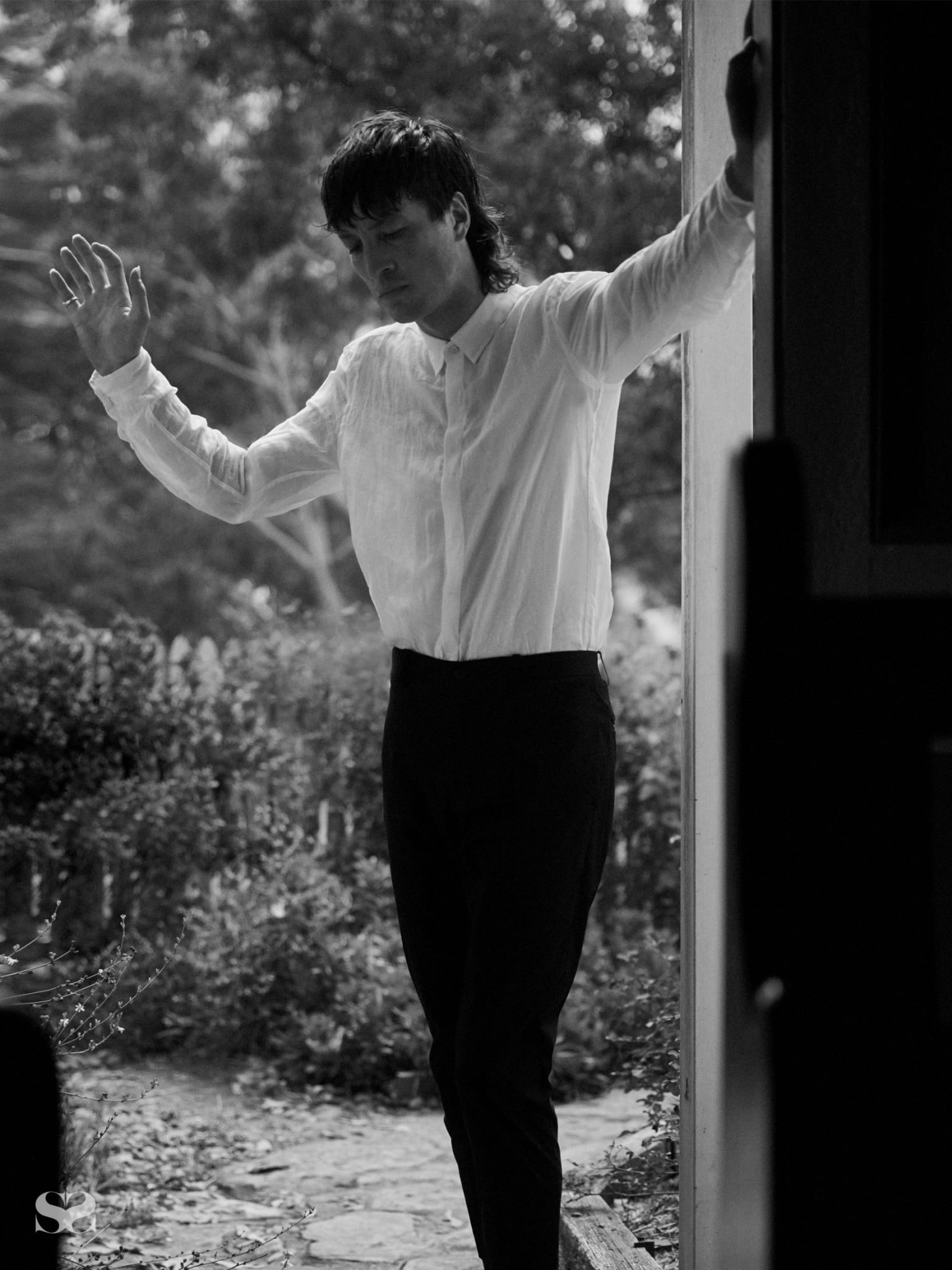
When did you first pick up the guitar and start playing?
Well, I started from maybe singing in choirs from school, you know just singing for the fun of it and then thinking I can’t just sing in choirs all the time, I need to be able to do it on my own and so I started listening to Bob Dylan and playing the guitar. Going from really simple Bob Dylan songs from about 11 or 12 you know.
What were your favourite songs back then?
Well it was all the classics, the first one I learnt was Blowin' in the Wind, and then got slightly more complicated you know with It's All Over Now Baby Blue, and songs like that. And then I started playing Beatles songs and that became my obsession for a long time.
"There has never really been any pressure to do or be anything, like be a doctor or anything like that, there was always ... an allowance that I could do whatever I wanted to do."
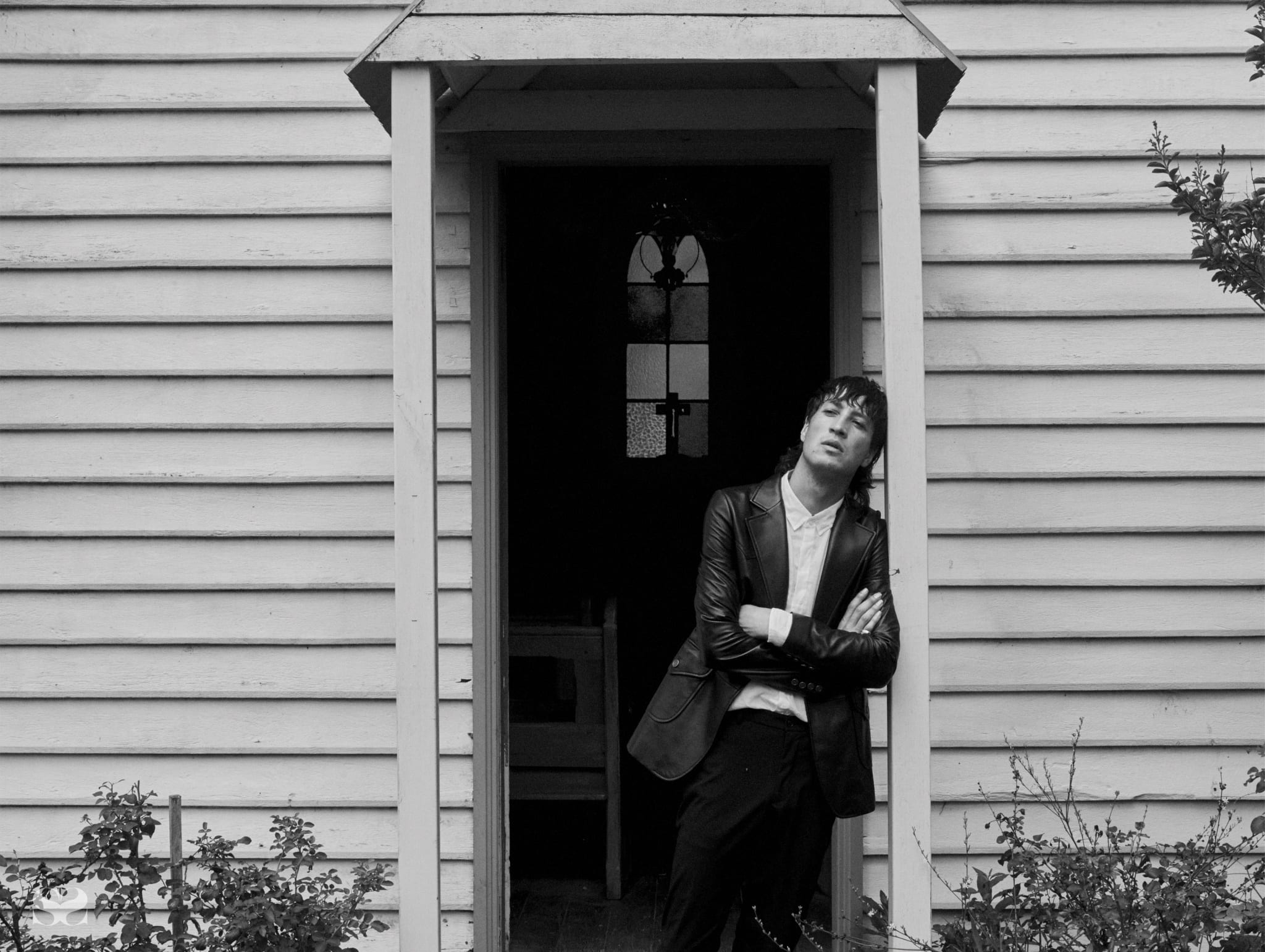
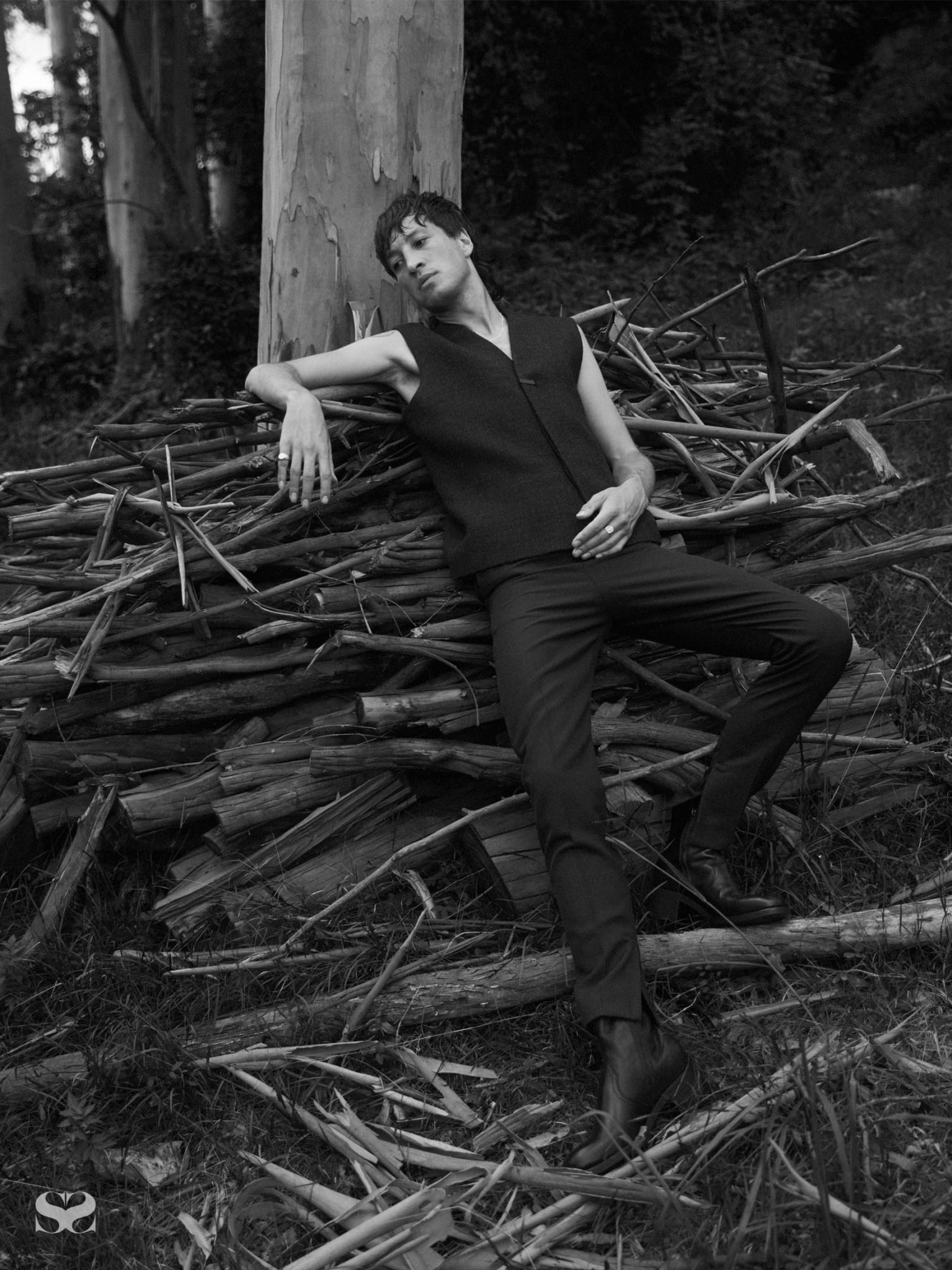
"I think paradoxically the honesty in music and songwriting comes from the fact that you are obscuring any sort of definite truths."
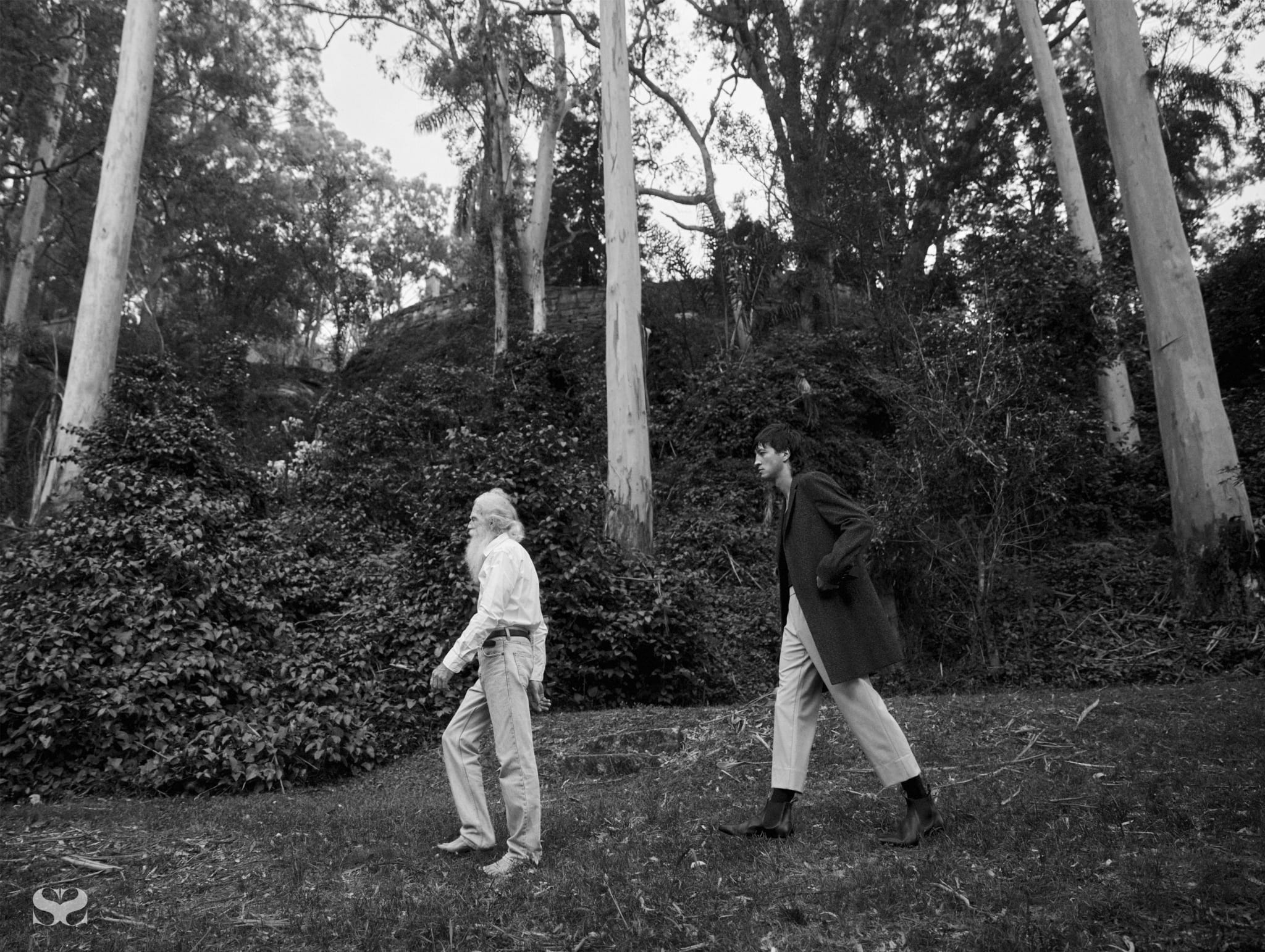
You grew up in a small town, Lyttelton, of about 3000 people. How did your upbringing shape your current career path? Was there a music community there?
I think personally it has made me quite sociable just because it’s a small town, but it's bigger than any normal friend group you know. Any normal circle is usually a lot smaller than 3,000, I have a feeling like I really do know the majority of people who do live in this town, that has given me huge amounts of sociability, that has been very useful in my career. And in terms of music there was a really great burgeoning music scene when I was a teenager here so I kind of worked my way into it, you know, and became a part of it. It was really fostering and provided me a lot of opportunities to hone my craft as a teenager and learn from other people.
You’ve toured extensively and for long periods of time. Which do you prefer – the writing and production process or the touring?
They are very different for me, the thrill and expectation from writing are very different from the one I get from having played a good show ... I like writing because the act of creation is rewarding in itself, but I guess songs change their hue when played in front of people, I am always interested from a frontman’s perspective to see how the songs manoeuvre when put in front of other human minds.
I want to talk about your second album, Make Way For Love. Did you find any pressure when making the record in ensuring it lived up to the first? How did you approach that process?
Well, because of the nature of what the second album was [about], and the intense personal tone it had, it really stood alone. It wasn’t like anything I had ever done before ... the feelings I had, it really coloured the whole process, and it was very much a stand-alone experience.
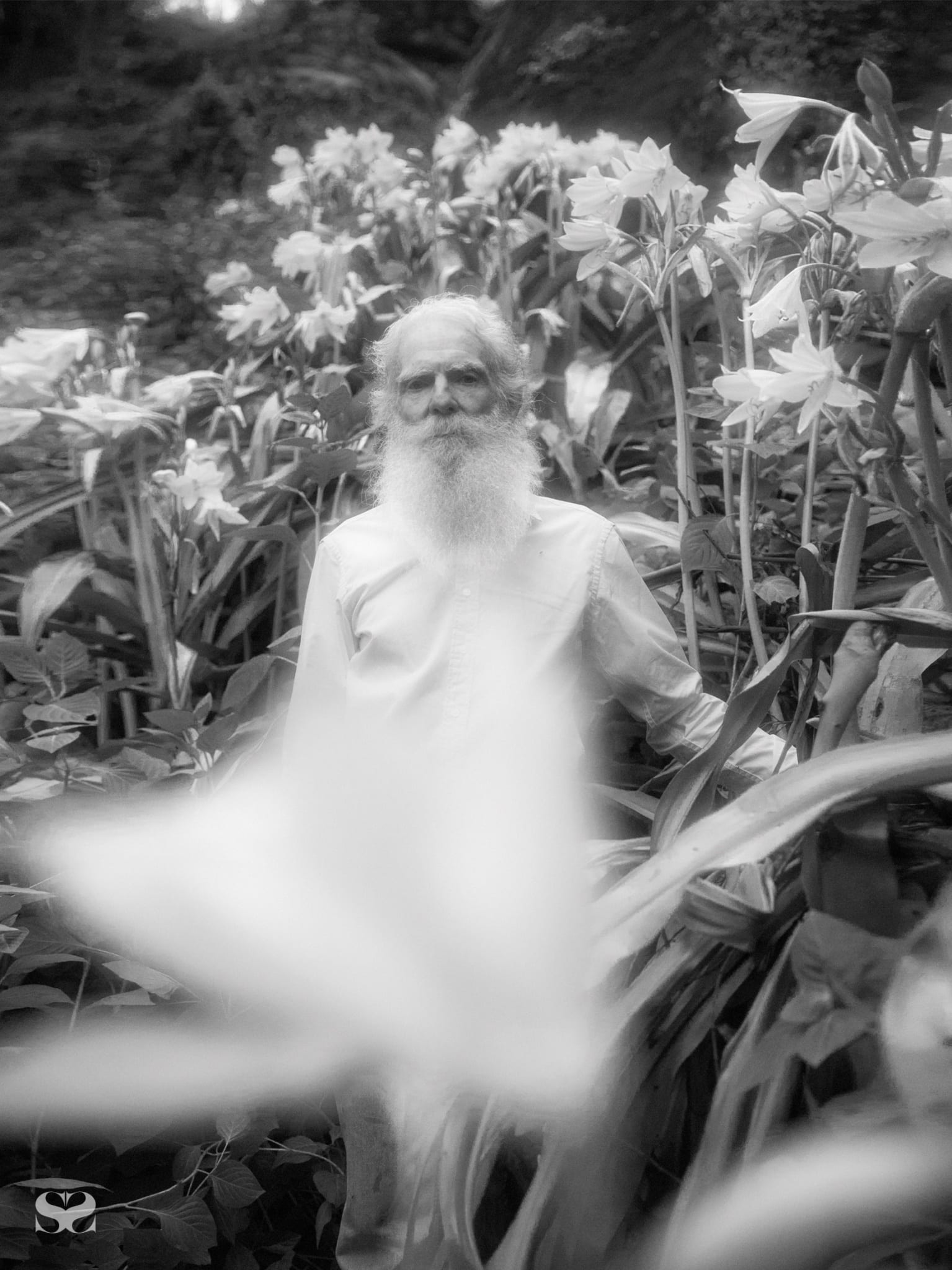
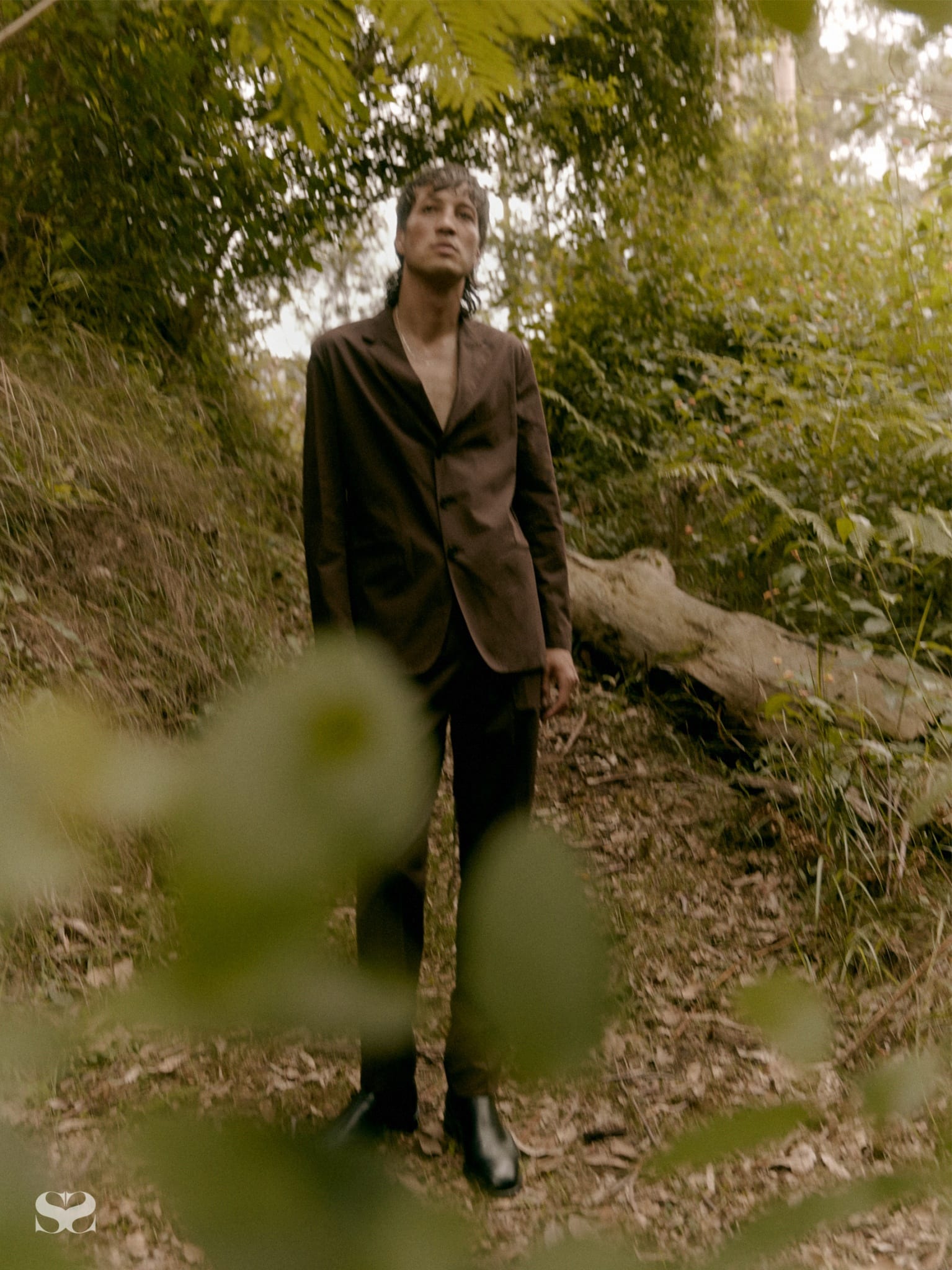
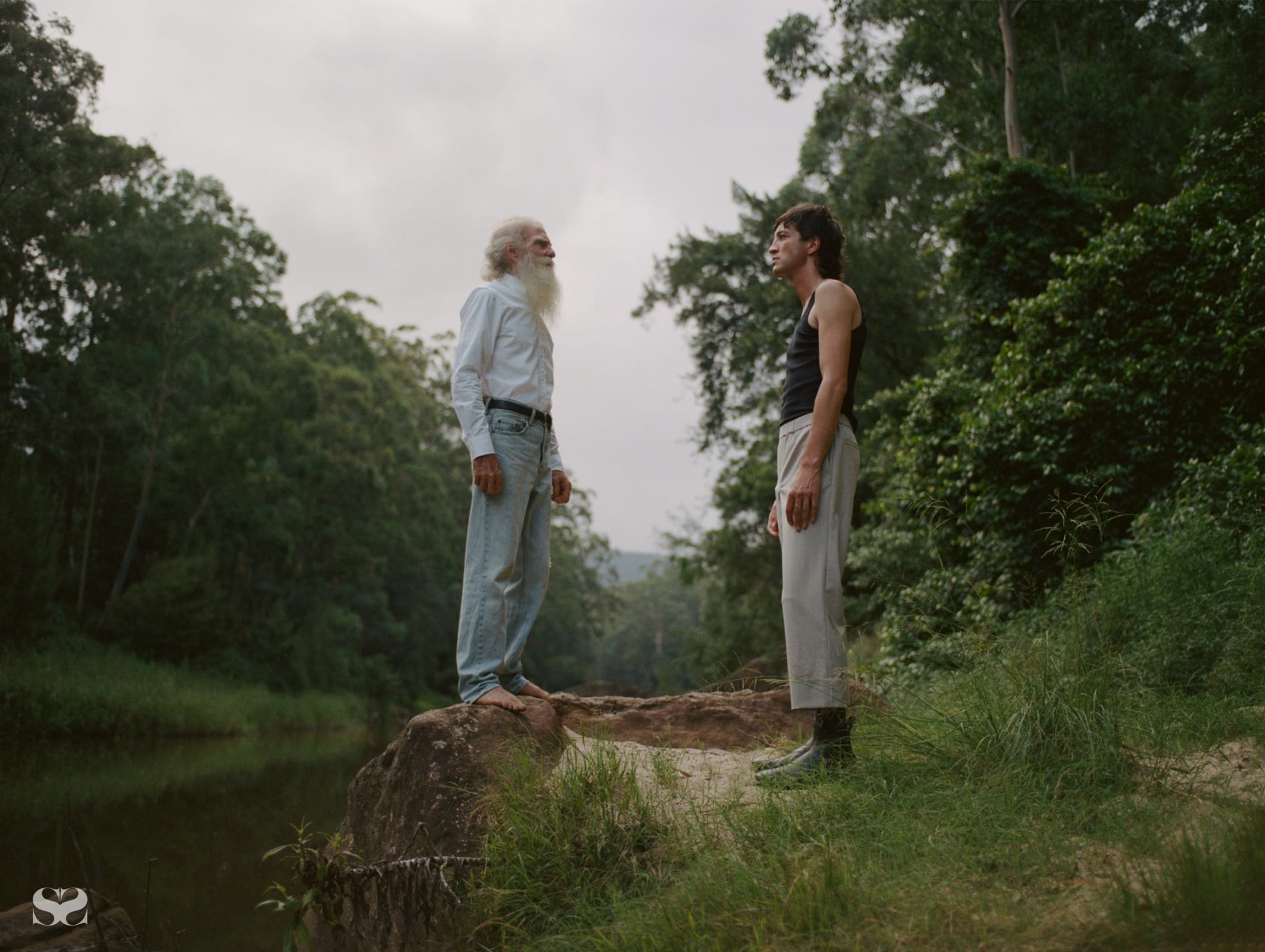
You’ve talked a lot about how the album is inspired by a breakup. How did the songwriting process help you work through your own emotions? Did anything come out in the writing and recording process that surprised you?
I think I can be guilty of not being honest with myself - we all tell ourselves sort out half-truths to survive certain things that are too difficult to confront properly, so actually having to look at the case basically meant that I sort of had to know the effects even if I didn’t present them all. I had to really delve into it to be able to vindicate a case that was worthwhile. I think I was consistently surprised at the listening back to the songs, it almost felt like a different body in a way, hearing these stories played back to and then applying them to myself. That really brought about some realisations that I probably wouldn’t have made if I hadn’t done it.
Your second album was basically written entirely in one month. That’s such an intense period of creation, how did you feel at the end of it?
I was living in the middle of all these feelings, all this shit that was going down. I had no choice really and so it was, I either had to sit with it and pull on it or do something with it you know, and I needed to make an album too. So it all kind of lined up and I had to push on through until it was done really and there was a real sense of necessity to the whole thing so I just strapped in and a lot of the melodic ideas and general feels of the songs were already in my head, and had been for a long time without finding a place to lay. So it wasn’t like I was pulling something out from thin air. There were definitely necessary places and I’m glad it came off the way it did.
When you give so much of yourself and so much personal emotion to an album, how do you separate the work from your actual life? How do you decide what goes out into the world and what you keep for yourself?
My only standards were what I put out to the world, whether I think it is good or not. I am not precious, you know, I have my own mechanisms that I employ to sort of preserve myself but in terms of the songwriting but ... once you put the songs out, they are not yours anymore anyway, and people will put their own spin on it or imply themselves into the situation. So it is really impossible to portray yourself through songwriting I think.
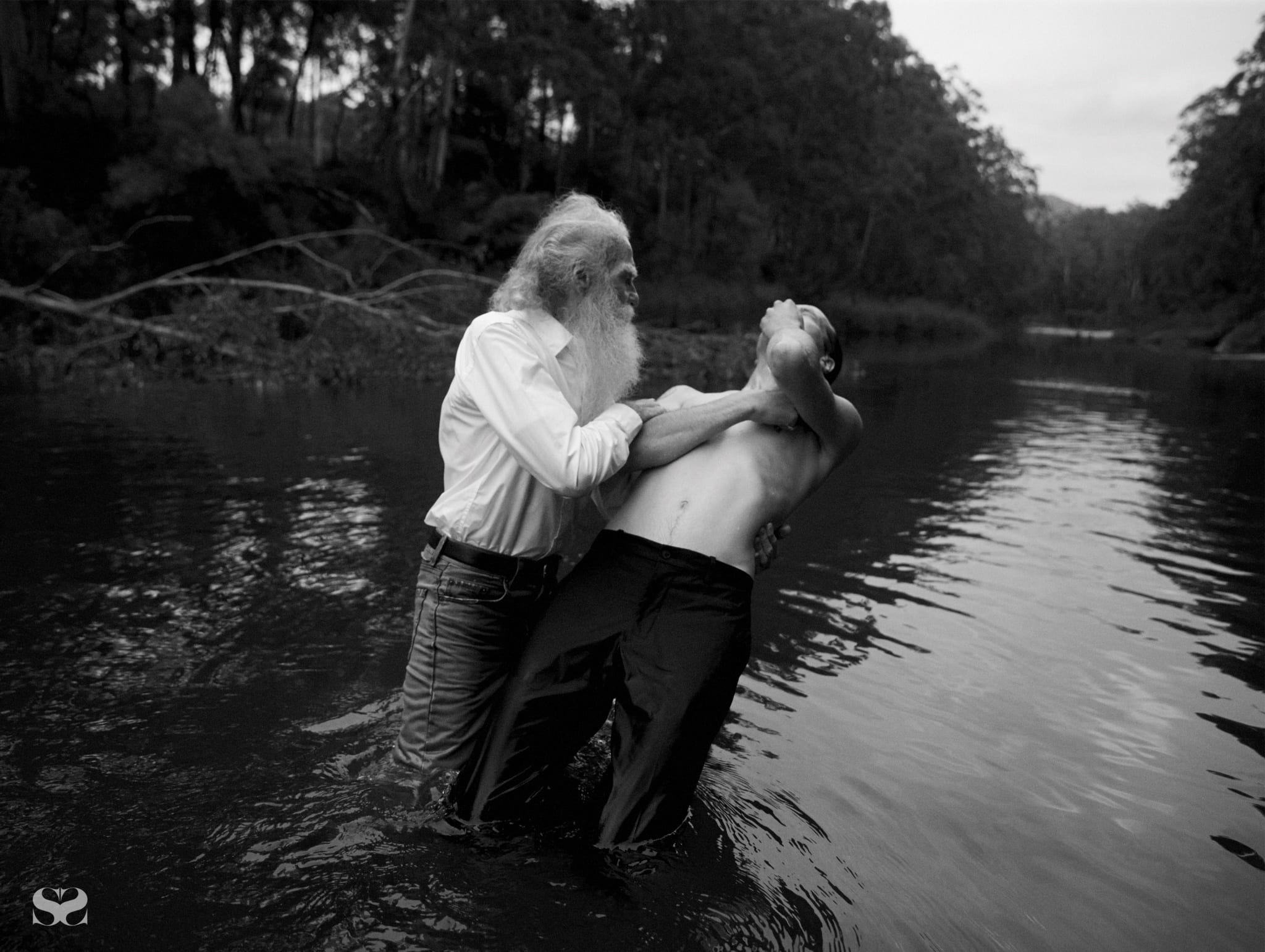
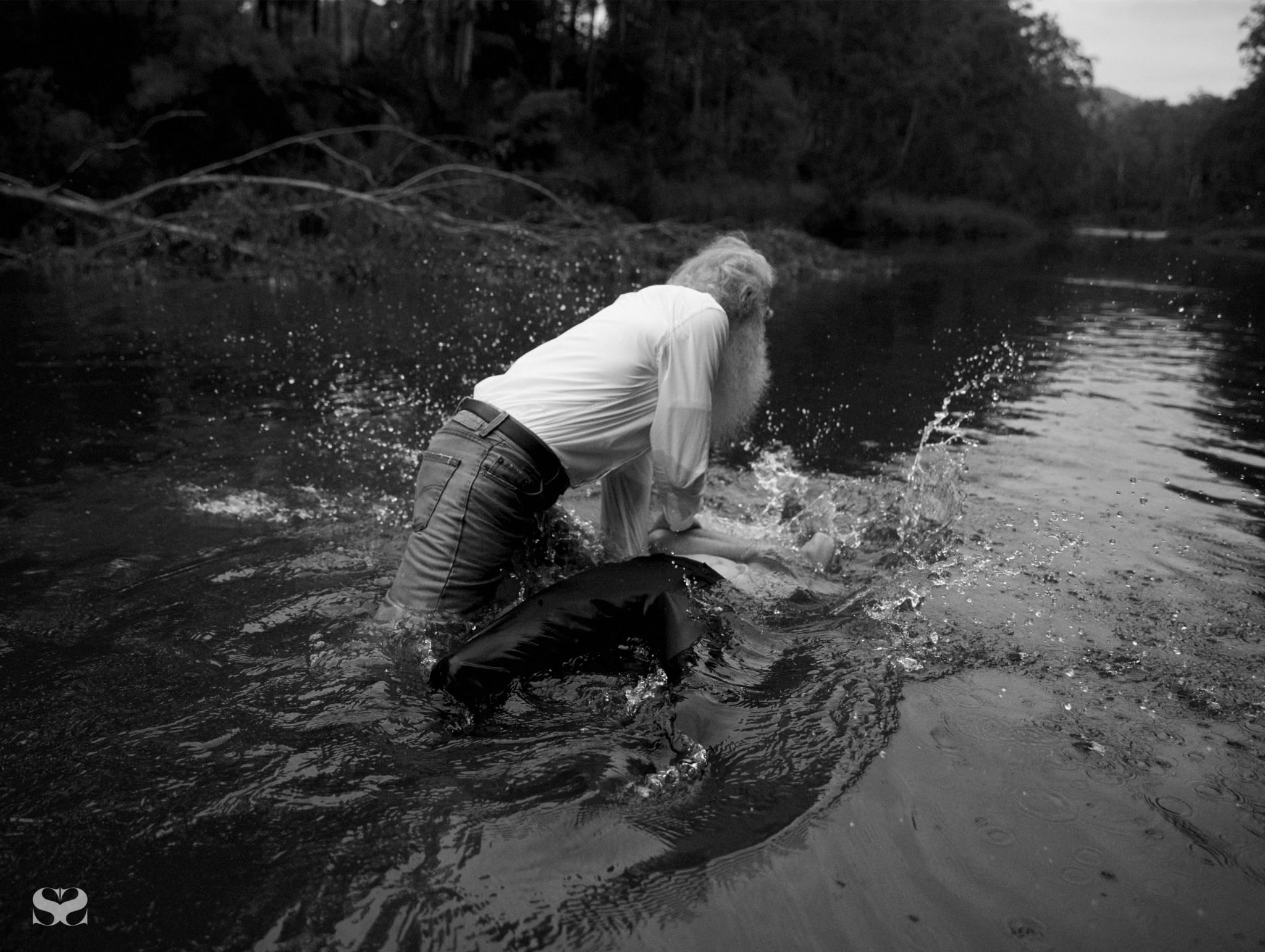
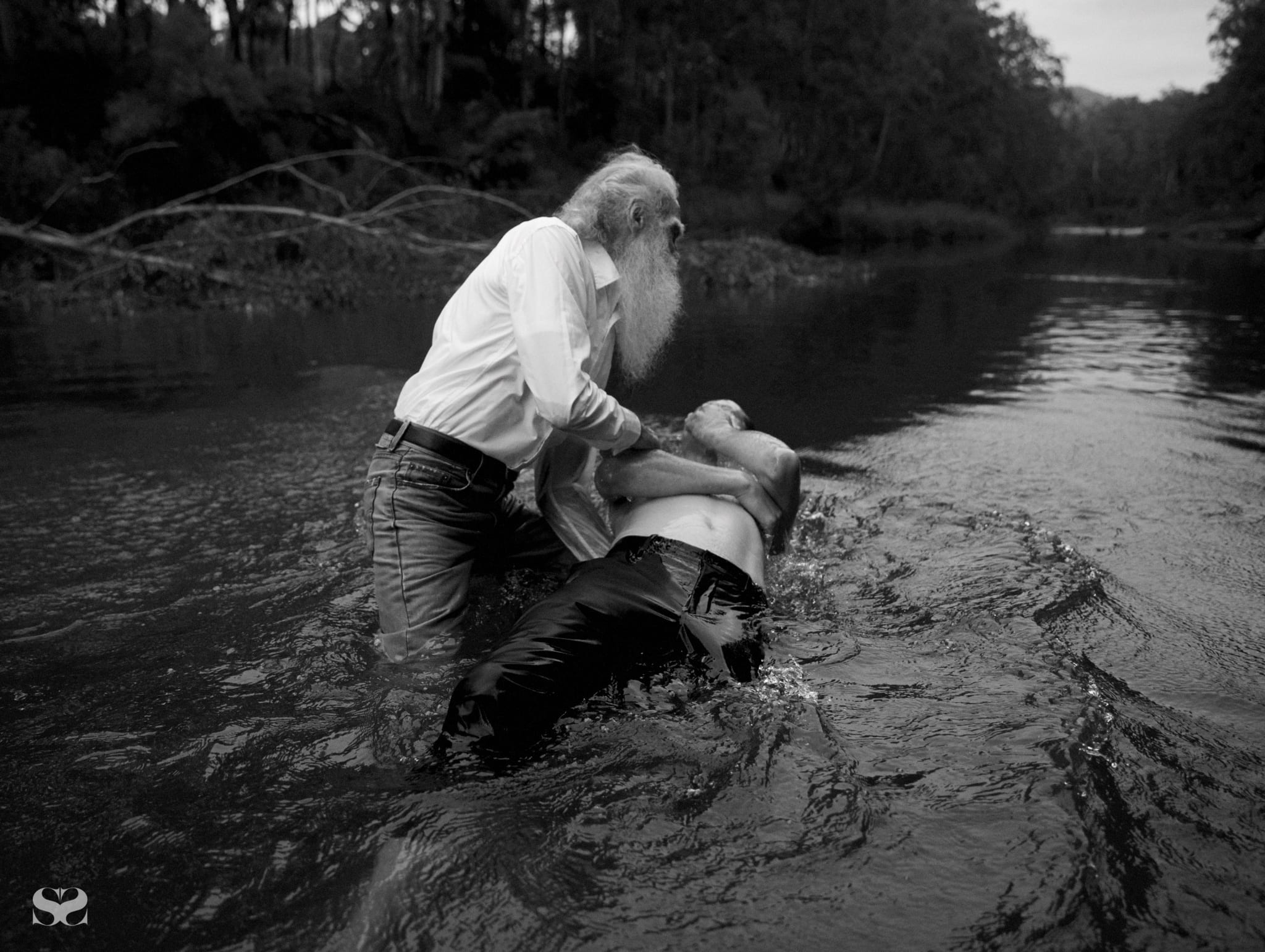
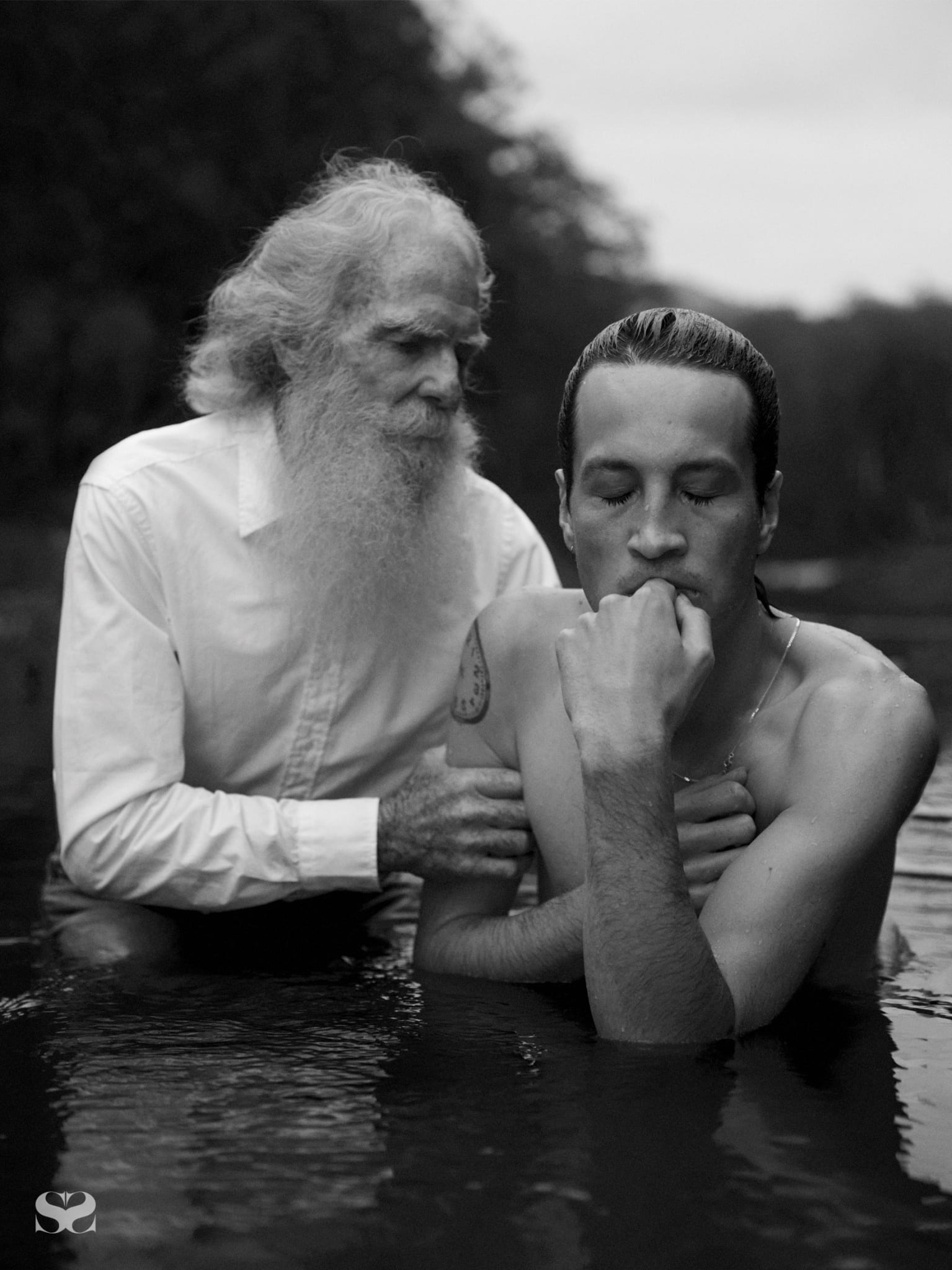
"I have learnt more about the fluidity and the changing nature of love. If anything, it's like the opposite again - it is the learning to let go of such 'truths' that has made me happier as a result."
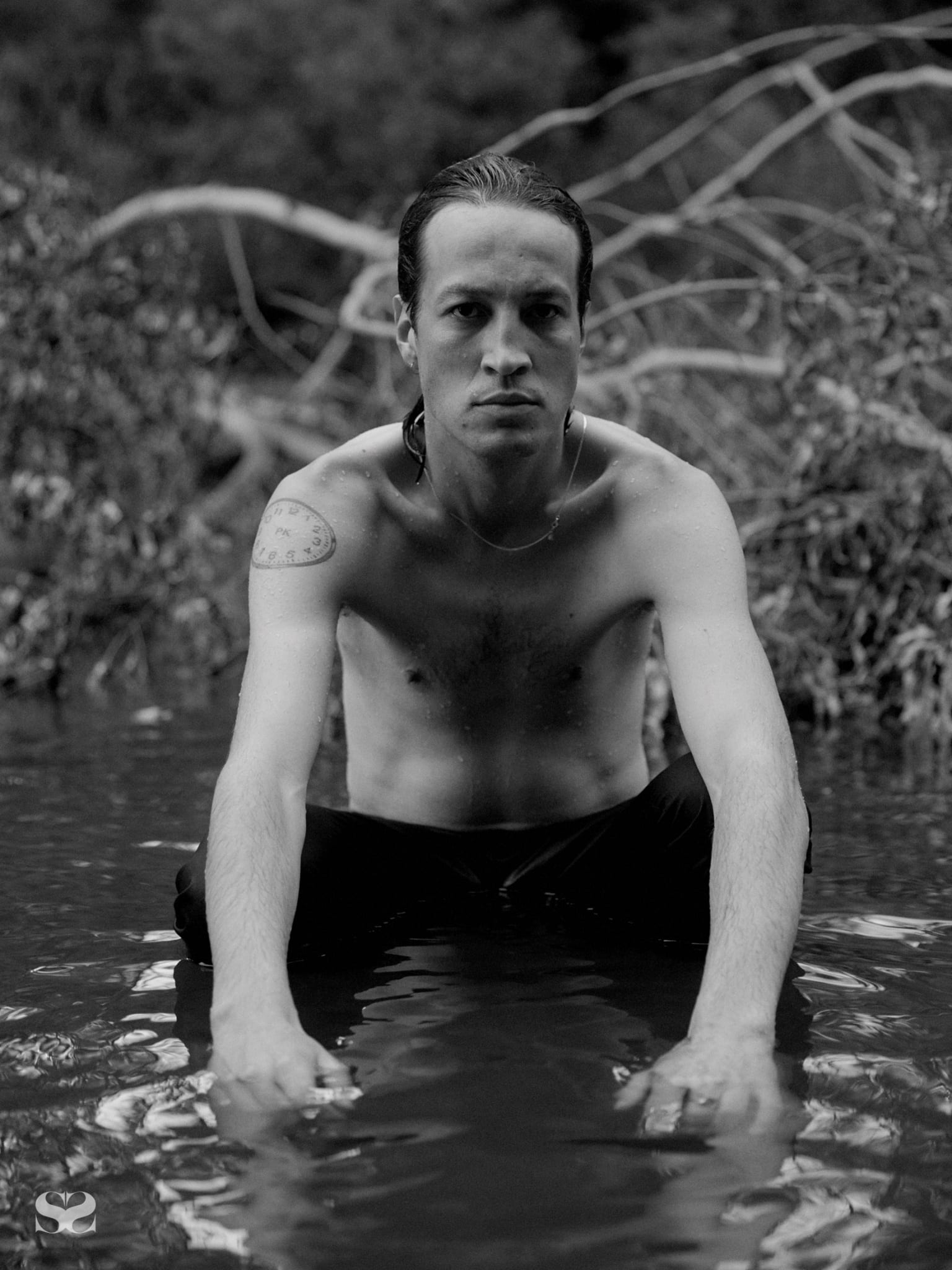
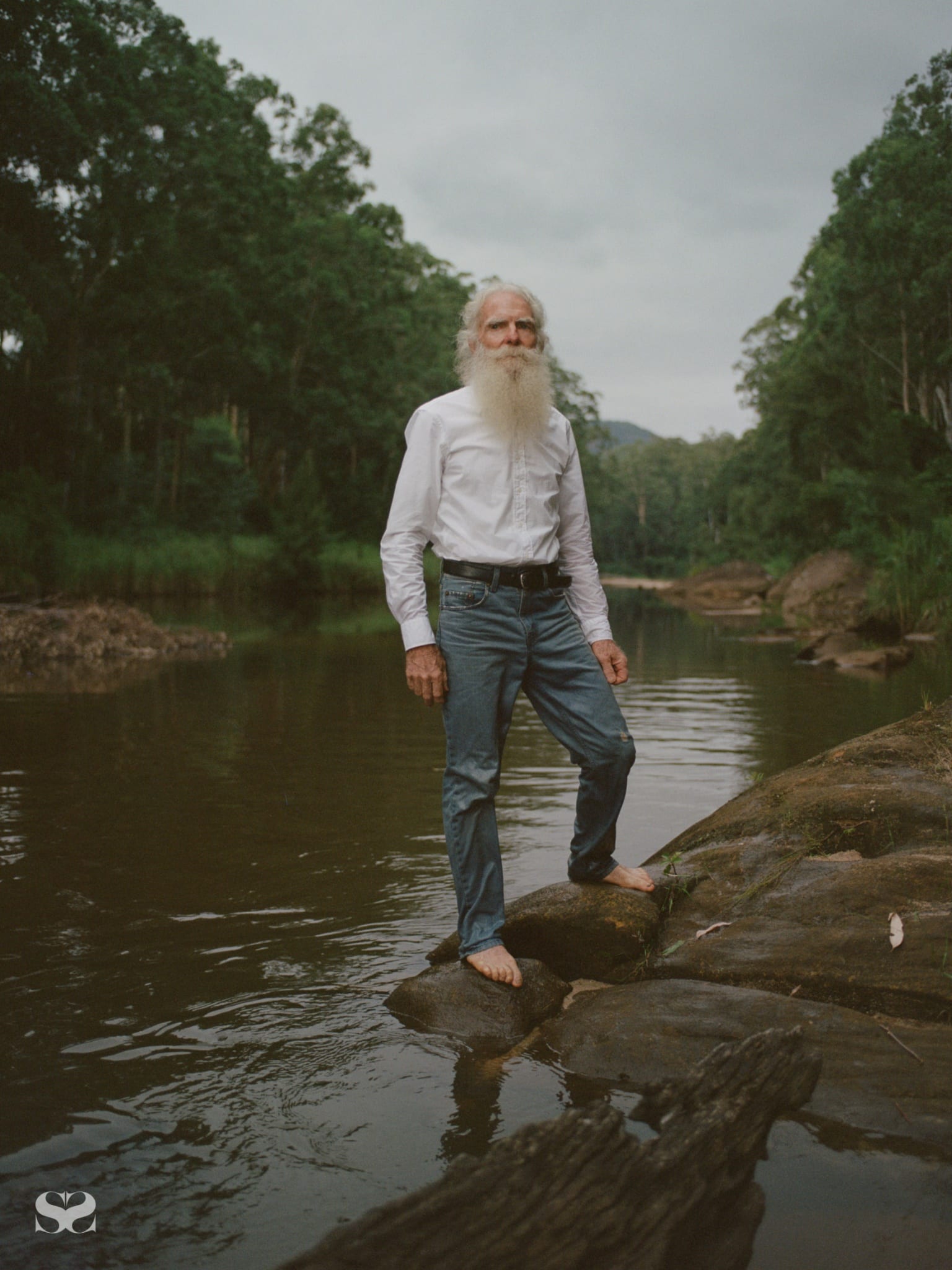
PHOTOGRAPHY Adrian Price
FASHION Natalie Petrevski
TALENT Marlon Williams
GROOMING + CUT Joel Forman @ Lion Artist Management using Alan White Anthology
PHOTOGRAPHER’S ASSISTANT Leif Prenzlau
Special thanks to Dennis.



